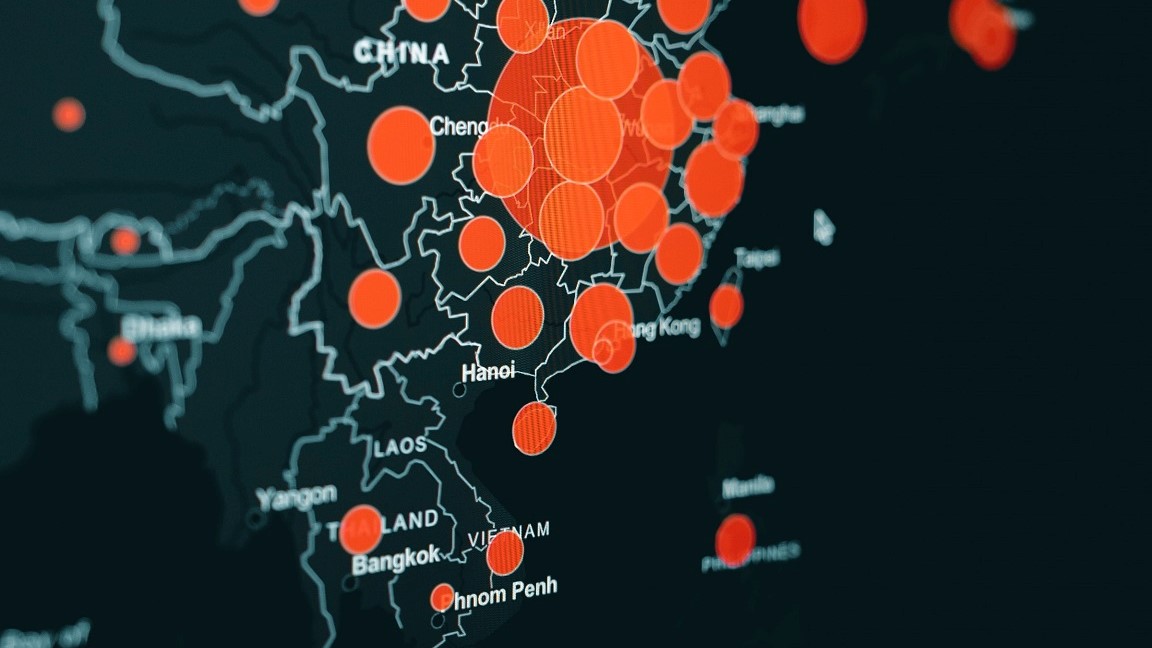During this microcredential, you will meet and work with a dedicated course facilitator who will support your learning and engagement with the teaching resources designed by the lead academic and team of experts, in the Faculty of Engineering and IT.
This course is structured into four modules. Each module comprises self-study materials and facilitated online sessions. The modules and key topics covered are:
Module 1 - Malware analysis
- This module introduces the concept of malware analysis. Participants will get an overview of static vs dynamic analysis, the four layers of malware analysis and how to manage computer and mobile-targeted malware.
Module 2 - Adversarial machine learning
- This module introduces the concept of adversarial machine learning. Participants will get an overview of the types of attacks against machine learning (such as evasion, poisoning and inference attacks) and how these types of attacks are executed.
Module 3 - Deep learning-based anomaly detection
- This module introduces the concepts of intrusion detection and types of intrusion detection systems. Participants will get an overview of botnets and detection techniques, anomaly detection techniques, backpropagation, deep learning models and generative and discriminative models.
Module 4 - Privacy preserving data analytics
- This module introduces the topics of privacy issues, data collection and analytics. Participants will get an overview of privacy preserving technology, data anonymisation, attacker models and differential privacy mechanisms, advantages and disadvantages.
The course is delivered in a scheduled format over ten weeks.
Each week (during weeks 1 to 8) you will participate in an online session where you will have the chance to apply what you've learned, ask questions and hear from other participants who are taking the course with you. The workshops are led by the course facilitator.
Weeks nine and ten are planned to give you time to complete the final assignment, with support and scheduled Q&A sessions provided.
Course delivery
This microcredential includes weekly live one-hour online tutorials and one-hour weekly Q&A sessions facilitated by an expert UTS academic supporting self-study and online learning activities.
Case studies of real-world applications illustrate applications of key tools and techniques. The workshop sessions focus on hands-on activities and examples. Regular formative quizzes throughout the microcredential will allow learners to gauge their progress.















